Upgrading to a sophisticated coffee machine at home offers numerous benefits for coffee enthusiasts. One of the primary advantages is the ability to enjoy coffee shop-quality beverages in the comfort of your own home. With the convenience of an automated machine, you can savor freshly made coffee at any time, which is particularly appealing during early mornings or when in a rush.
Health benefits also accompany the consumption of home-brewed coffee. Coffee is a source of antioxidants, and regular intake has been associated with a reduced risk of several health conditions, including type 2 diabetes and various liver diseases. By brewing at home, you have the added advantage of knowing exactly what goes into your cup, allowing for a healthier and more personalized coffee experience.
Financial savings are another significant advantage. Regular purchases at coffee shops can add up, but a home coffee machine is a one-time investment that can lead to considerable savings over time. Additionally, the ability to host and serve quality coffee to guests during events adds a touch of elegance and convenience to any social gathering.
Lastly, the flexibility to experiment with different ingredients and recipes enhances the overall coffee experience. Whether you prefer hot or cold coffee, you can tailor your brew to your exact preferences, which is not always possible with coffee shop purchases. This personalization is one of the key joys of owning a home coffee machine.


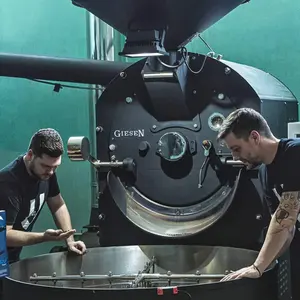



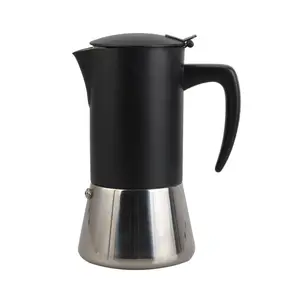







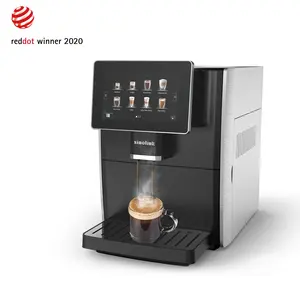






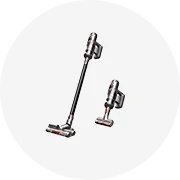













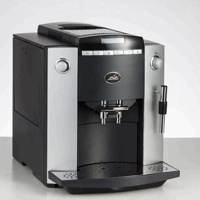








 浙公网安备 33010002000092号
浙公网安备 33010002000092号 浙B2-20120091-4
浙B2-20120091-4